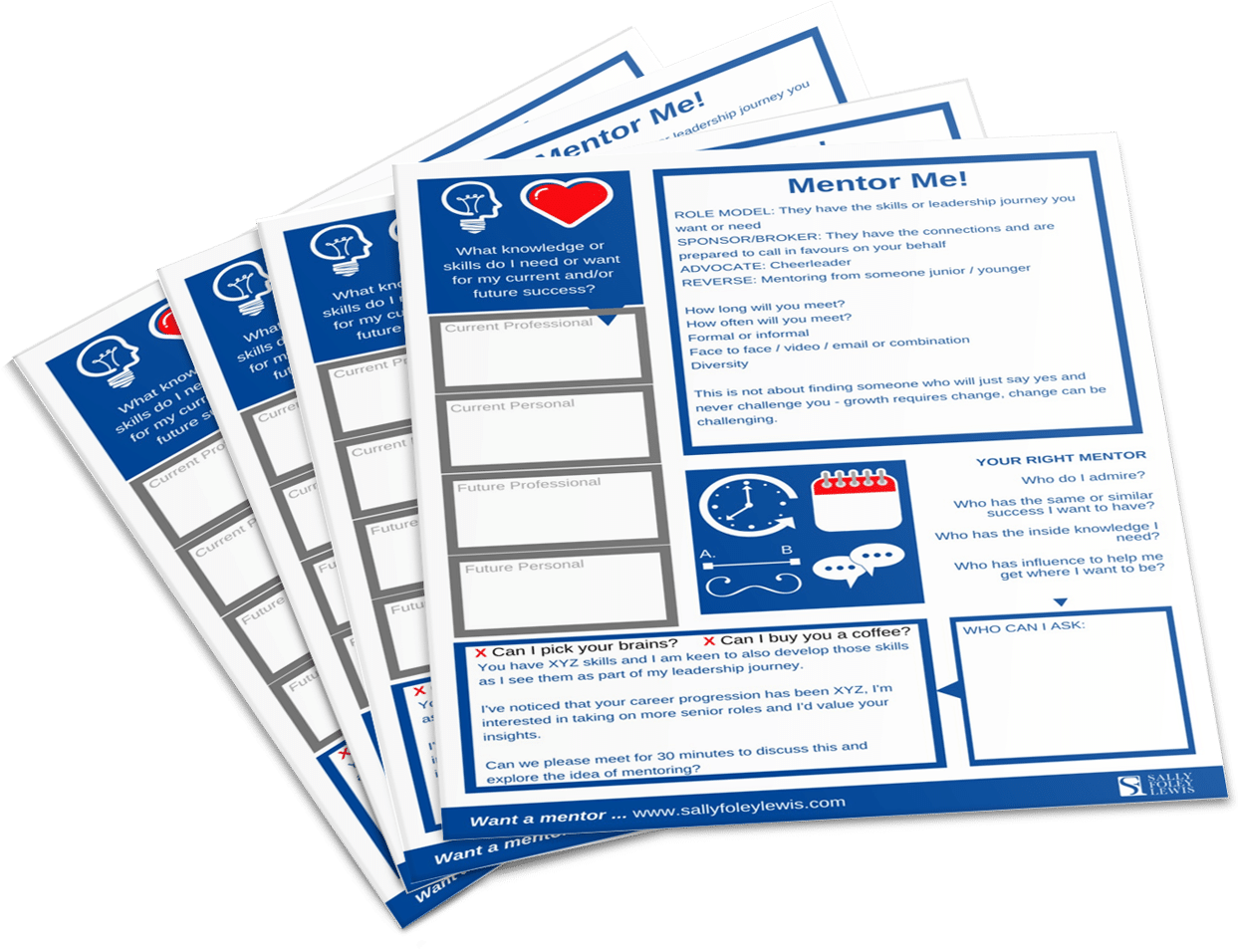In her memoir, Becoming, Michelle Obama shares how, before they even married, she was appointed as Barack Obama’s mentor at the law firm they worked. We often hear Barack crediting Michelle as being the success and support behind his achievements.

Some other famous mentoring match ups include…

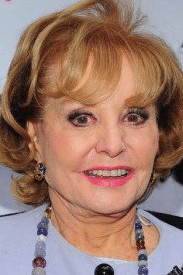
Oprah Winfrey once said of Barbara Walters, “Had there not been you, there never would have been me,”
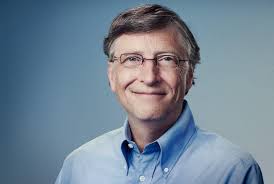
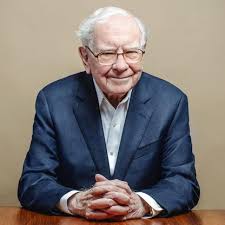
Bill Gates has referred to his long time mentor, Warren Buffet, as “one of a kind”.
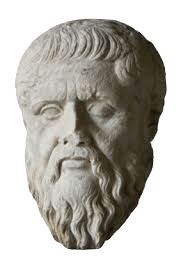
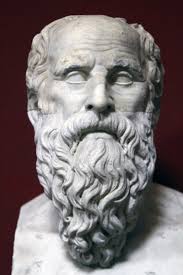
As far back as 400 BC, Socrates mentored Plato. And Plato went on to mentor Aristotle, which goes to show that the student can become the master; or the mentee can also be the mentor.
A common understanding of what mentoring is involves someone wiser, more experienced, and older supporting, advising, teaching and/or guiding someone younger, less experienced, and less advanced in their career.
While this is an example of a mentoring relationship, mentoring can do so much more for firing up confidence, influence and courage through visibility.
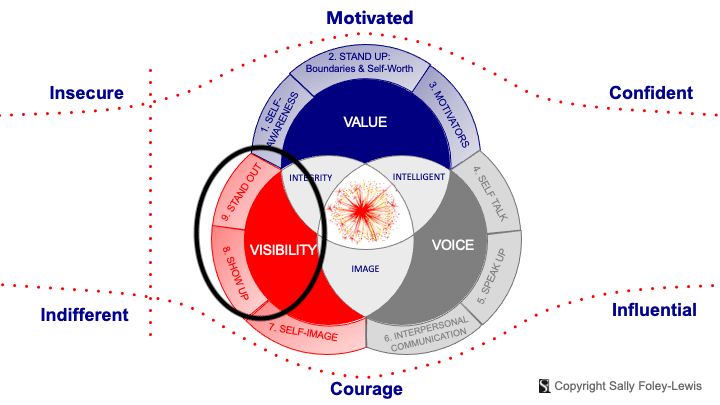
Being more visible is about being seen as an expert with integrity; being the first person others think of when they need to call on the skills and knowledge you have.
Being more visible, being front of the mind of the key decision makers, puts you at the head of the line for opportunities.
As a leader, who do you look up to in your organisation or industry?
As a leader, when thinking about succession planning, preparing your people to receive opportunities (say, through your delegating), who in your team could do with some mentoring?
Mentors can do much more than provide advice and guidance through their own experiences. Mentors can be a:
ROLE MODEL: They have the skills or leadership you can observe and learn from to influence your own journey.
SPONSOR / BROKER: They have the connections and can call in favours or recommend or refer you for opportunities.
ADVOCATE: They can be your cheerleader; encouraging you to show up through, for example, accompanying the mentor to meetings and events you may not normally have access to.
Mentors can be internal or external to your organisation or industry.
Mentors can be engaged for a short term period or a long term.
Mentors can be younger than you not just older than you.
Mentoring can be formal or informal.
Mentoring can also be virtual: as in you observe them from afar, they may never know they’ve been a mentor to you.
Nelson Mandela is said to have been influenced by the books and writings of Mahatma Gandhi.
When you think about being more visible who could be a mentor to you?
Grab the worksheet to help you. I’d love to know how you get on.


